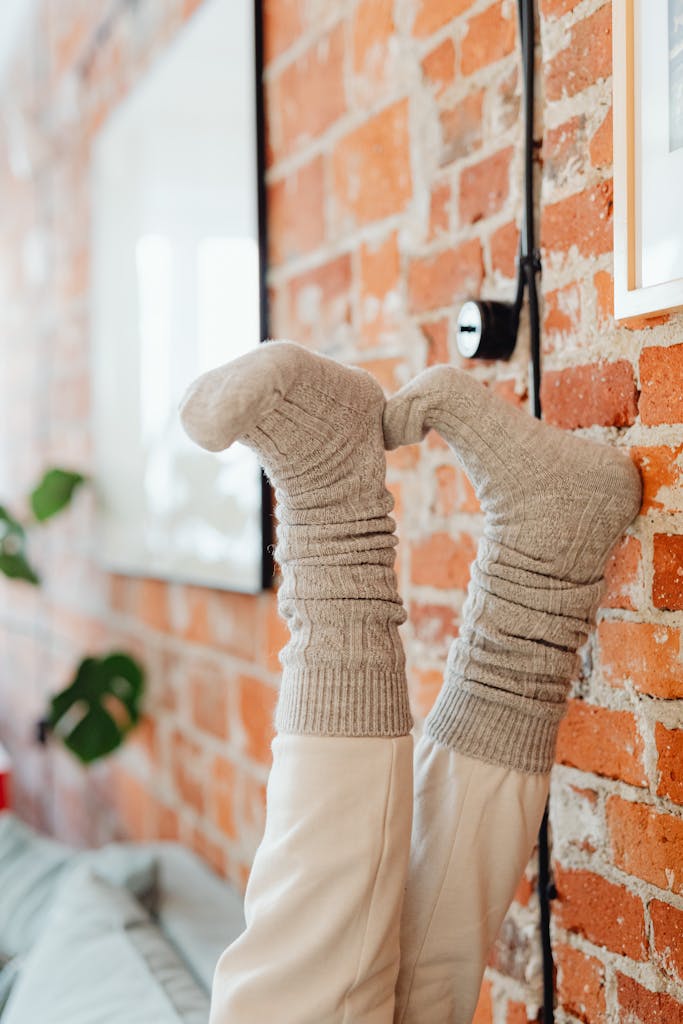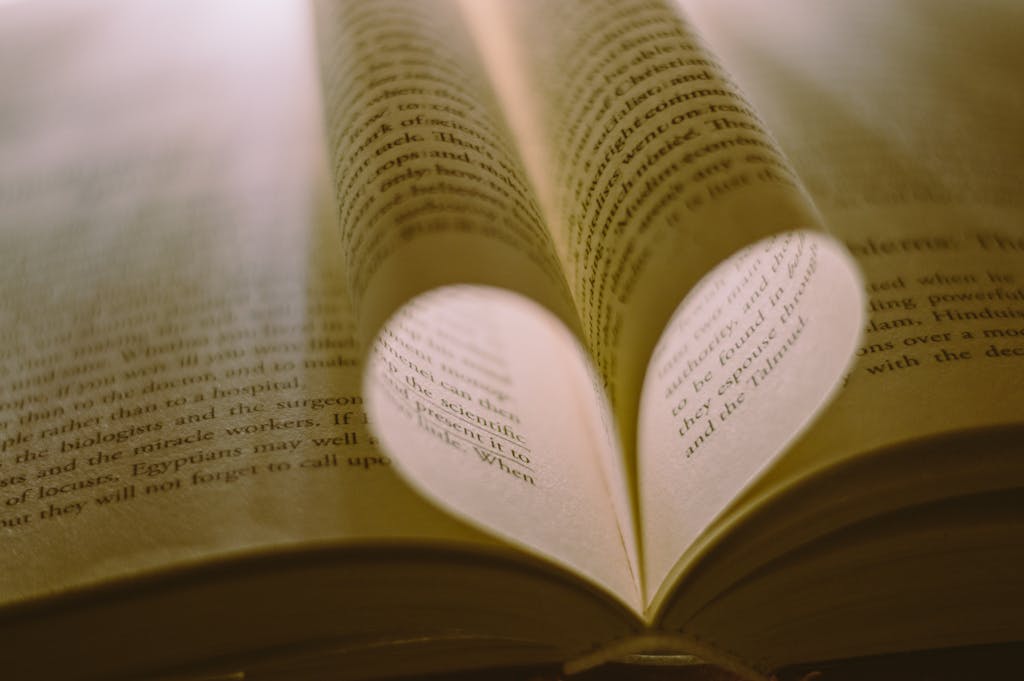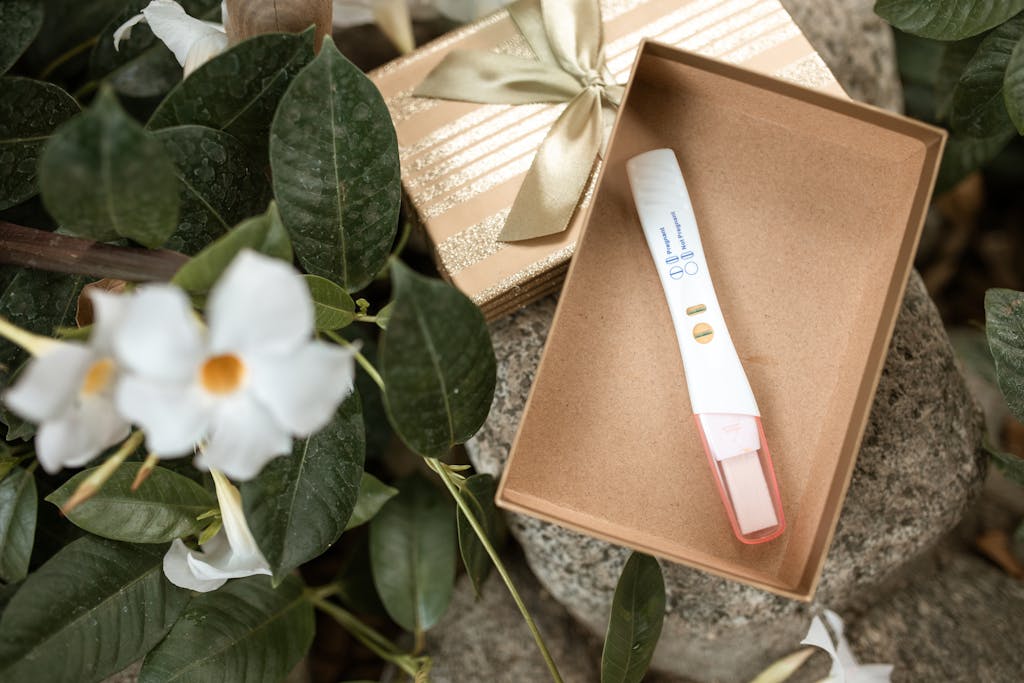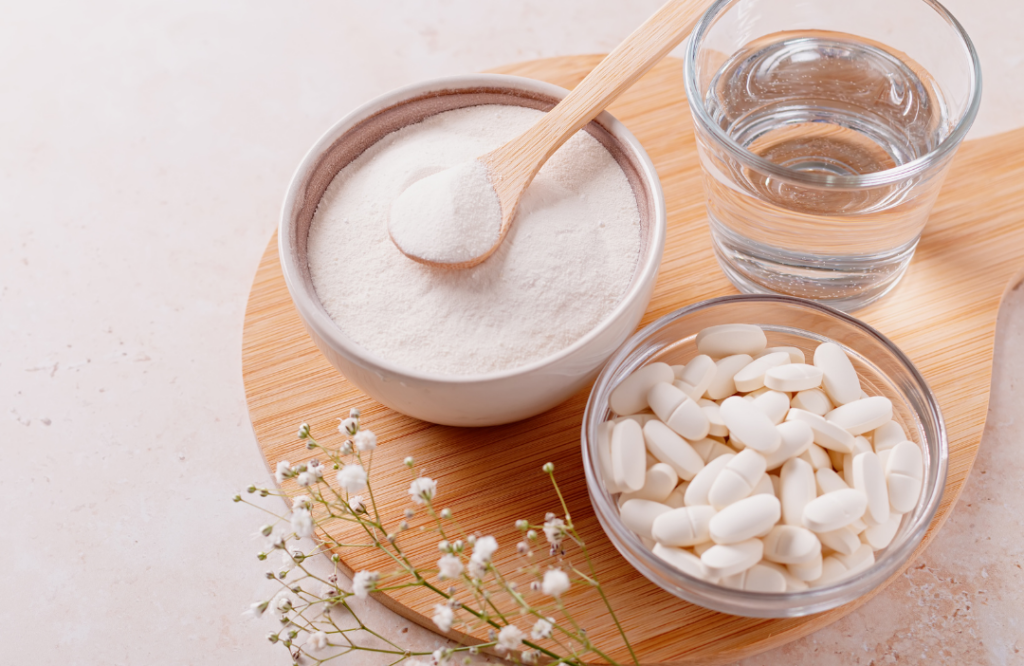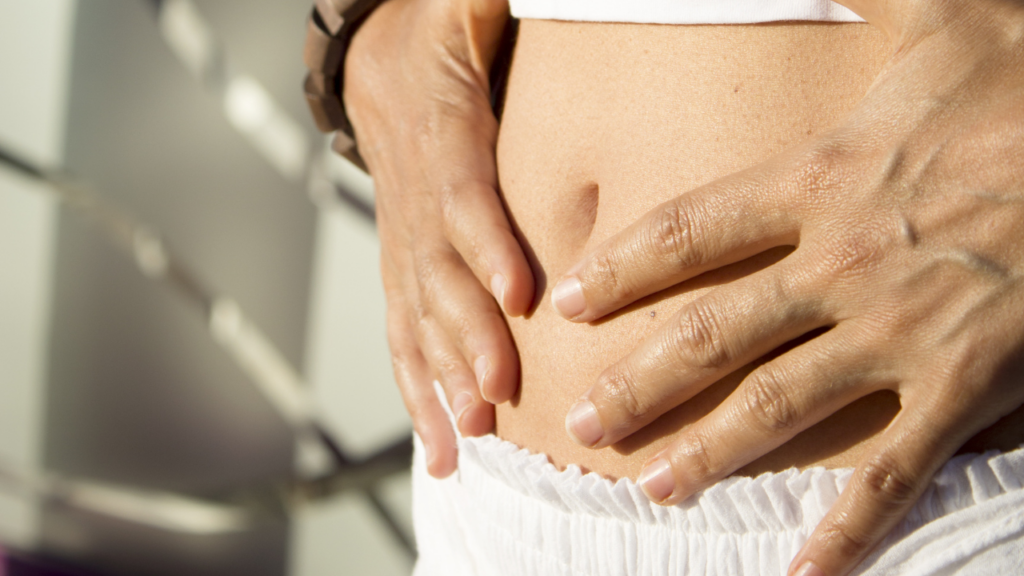Sugar Withdrawals
Published on November 2, 2014 by Dr. Caitlin Gordon
Alright, time to get a little personal.
I started a three-week sugar cleanse. To me, this means no processed or refined sugars and no alcohol, with low fruit. I usually embark on these little bouts of abstaining when I find myself in an addictive cycle with sugar or see that I am self medicating. Last month was rough–heartbreak and my dog had some very serious health issues. Wine and chocolate became close friends for several weeks. So I gathered up some self-respect and willpower and then…I found myself on day 2 of my sugar cleanse doing this:
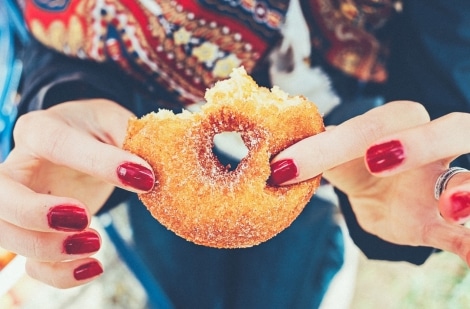 Embarrassing? Possibly. Quickly, I have to plug NadaMoo coconut milk ice cream. It is the best. It is organic, dairy-free, gluten-free, vegan, carrageenan-free, fair-trade, uses agave as a sweetener (mixed feelings on agave, but worth mentioning), has a to-die-for creamy texture and tastes like a little pouf of heaven in your mouth. You can eat an entire pint (I do not recommend doing this, but you could) for 520 calories, 28 grams of fat, and 40 grams of sugar. Which, in the land of ice cream options, is impressive. The company did not pay me to say this.
Embarrassing? Possibly. Quickly, I have to plug NadaMoo coconut milk ice cream. It is the best. It is organic, dairy-free, gluten-free, vegan, carrageenan-free, fair-trade, uses agave as a sweetener (mixed feelings on agave, but worth mentioning), has a to-die-for creamy texture and tastes like a little pouf of heaven in your mouth. You can eat an entire pint (I do not recommend doing this, but you could) for 520 calories, 28 grams of fat, and 40 grams of sugar. Which, in the land of ice cream options, is impressive. The company did not pay me to say this.
Back to me and my sugar issues. I was heading to the airport, feeling anxious about traveling (I have overcome a fear of flying that used to “require” Xanax and wine), and hungry because I skipped breakfast in my effort to pack last second (procrastination princess right here), and I opened the freezer to find a half-eaten container of this coconut milk ice cream that I had forgotten about. FORGOTTEN ABOUT. This never happens. I do not simply forget that I have sweets stashed away. So, it caught me a bit off guard and then I had the totally irrational fear that if I went out of town for the weekend and left it the freezer it would surely be eaten up. Naturally, I brought it in the car with me to eat.
Here is the thing about falling off the wagon: If you’re going to make a conscious (if sugar-starved, emotionally-pained brain can be called such) choice to do something, you might as well enjoy it. I don’t believe in “succumb and then self-flagellate”. So I enjoyed every bite–ignore the feigned-shamed expression in the photo, and moved on with my day.
It is now 4 days later and I haven’t exactly redeemed myself. I have 100% avoided alcohol–every small victory should be celebrated, so yay me! I have not been quite so successful in shunning sugar. Say that 3 times fast. I put honey in my tea yesterday and then I ate between 5 and 12 chocolate covered almonds. I think I blacked out and stopped counting after 4 so, really, it’s anyone’s guess. Despite not achieving my goal of removing processed sugars completely thus far, my diet the last 5 days has included significantly less sugar than the weeks prior. I am experiencing very noticeable sugar withdrawals. Now we get to the reason you clicked on this post.
Symptoms of sugar withdrawals can include:
- headaches
- nausea
- light-headedness
- fatigue
- irritability
- aches and pains
- increased appetite
- anxiety and/or depression
- trouble falling asleep
- malaise
- brain fog, difficulty focusing
Many would argue that most of these stem from the psychological withdrawal as opposed to purely physical symptoms. I think that is a very reductionist (and therefore incompatible with the way I practice medicine) view of the body. The symptoms may be due to brain chemistry imbalance, but that does not make them any less physical than, say, withdrawal from nicotine or any other addictive substance. Your brain and your body are inseparable. For example, those experiencing depression often experience increased physical pain– and you can treat chronic pain with antidepressants and depression with painkillers. Scientists don’t fully understand why, but it makes sense to practitioners of holistic medicine.
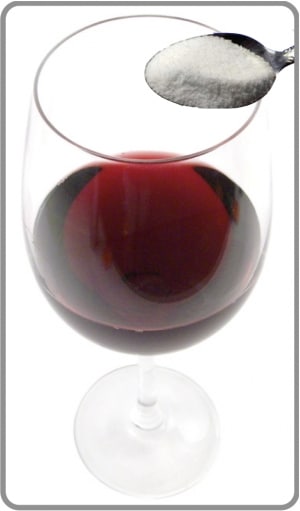 So I am experiencing every symptom from the list above. Some of it is probably emotionally based, but goddammit if I’m not going to lay a good slice of the blame on sugar withdrawals. It’s very akin to the way I feel when I think I might be getting a cold: sort of run down and blah. On the upside, it isn’t constant. However, if you’re someone who also has a moderate-severe candida issue (contact me for more info), you may experience intensified symptoms coming off sugar, as there are side effects of candida die-off. In the past, candida die-off has been very unpleasant for me. Candida is a yeast fungus that feeds on sugar and can cause vaginal infections, gut inflammation, seborrheic dermatitis, thrush, acne, weight gain and plenty of other delightful symptoms.
So I am experiencing every symptom from the list above. Some of it is probably emotionally based, but goddammit if I’m not going to lay a good slice of the blame on sugar withdrawals. It’s very akin to the way I feel when I think I might be getting a cold: sort of run down and blah. On the upside, it isn’t constant. However, if you’re someone who also has a moderate-severe candida issue (contact me for more info), you may experience intensified symptoms coming off sugar, as there are side effects of candida die-off. In the past, candida die-off has been very unpleasant for me. Candida is a yeast fungus that feeds on sugar and can cause vaginal infections, gut inflammation, seborrheic dermatitis, thrush, acne, weight gain and plenty of other delightful symptoms.
So, if you’re trying to quit sugar… hang in there! It gets better.
Acupuncture and herbal medicine always help me get through this week-long detox period. If you’d like some support during your sugar cleanse, schedule an appointment.
Read about my previous struggles in The Sugar Diaries.
Not sure if your sugar consumption is healthy? 10 Signs You Have a Sugar Problem
Want to take a break from alcohol? If you suffer from anxiety or anxiety-related symptoms such as headaches, sleep issues, muscle tension, mood swings, overeating, GI troubles, skin problems, etc. then I HIGHLY encourage you to cut out alcohol for a period of time and see how you feel. There is good evidence that alcohol worsens anxiety, even though it feels comforting in the moment. This is because alcohol is sugar. It spikes your blood sugar and then causes it to drop, especially the morning after a night of indulgence. Sugar withdrawals >low blood sugar >anxiety-central. Read about my Two Weeks Without Wine. Hint: it yielded some good results, hence my current adventure into the land of teetotaling.
I’m not the only one who believes alcohol worsens anxiety, read this counselor’s perspective.
Need more reasons? 9 Reasons to do a Wine Cleanse
The contents of this site, including text, graphics, images, and other material are for informational purposes only. Nothing contained in this site is or should be considered or used as a substitute for professional medical or mental health advice, diagnosis, or treatment. Please schedule an appointment for personalized health advice.

